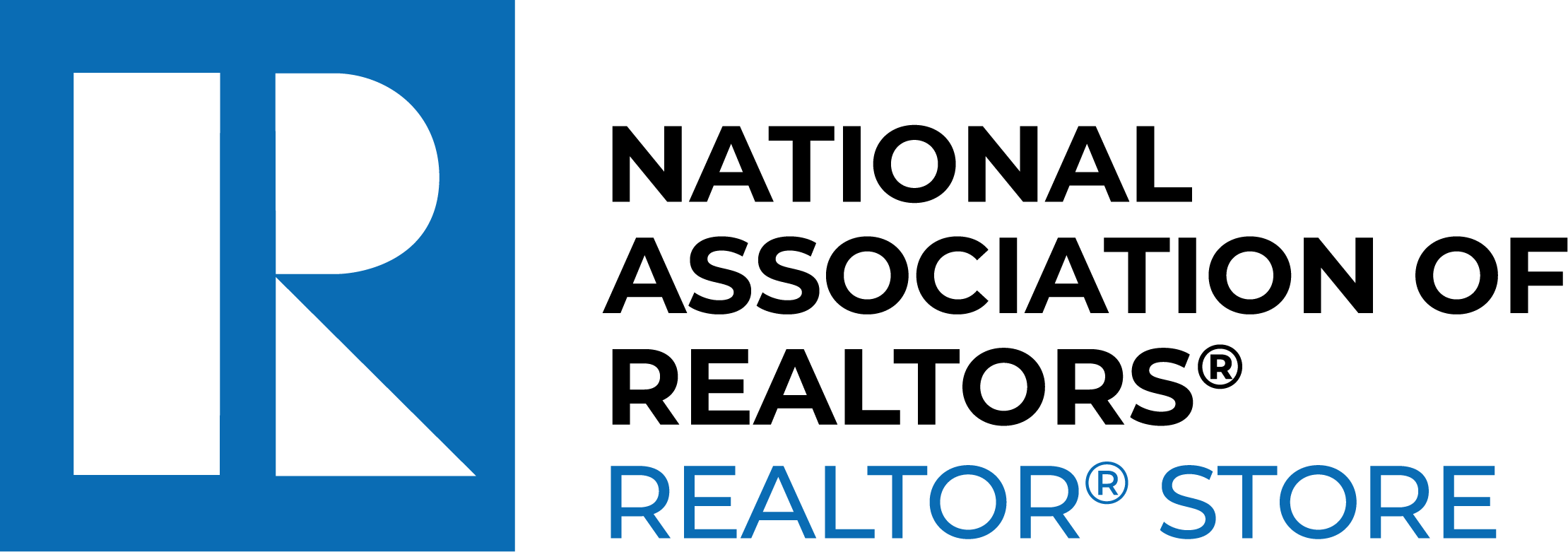Like any other business in any other industry, the best real estate agents are also branding experts: They know how to find clients by presenting what they do and how they can help in an alluring, interesting, trustworthy way. They grow a local following and become the go-to expert about all things real estate for at least one population niche. And it seems impossible to assess exactly how they did it, let alone follow their example.
Well, here’s some good news: Real estate branding actually is like many other businesses in many other industries, and that means you can do it, too. Successful branding involves identifying and speaking to your target audience, researching the competition, creating a brand identity, distributing your brand information, and then refining your brand so it remains fresh and relevant. Here’s how to get started with some basic branding tips for agents.
Want some more help understanding marketing and branding? Use The Little Orange Book: Sales and Marketing Rules to Live By for REALTORS®-Download or or the Sales and Marketing 101 for Real Estate Professionals, 4th Edition. These products can help you with tips and tricks from REALTORS® or just understand the basics.
WHO’S YOUR TARGET AUDIENCE?
The essence of a target audience is simple, but pinning it down can be a challenge for many. First ask yourself, “Who do I work for?” If you can’t come up with a direct and targeted answer, then this is a step you definitely need to work on before you can start refining your brand.
Some agents believe that their target audience is “everyone,” or slightly more marginally, “everyone who might want to live in this specific area.” The problem with such a broad focus is that it’s not actually possible to market to everyone, or even everyone who might be interested in buying or selling a house in a neighborhood. That kind of branding is generic and easy to ignore, which you definitely don’t want.
Beyond focusing on a geographic area, you’ll want to think about how to further target your audience. Amy Cesario specializes in downtown Denver, and even more specifically, she’s an expert on downtown condos in certain desirable buildings and developments. She’s built her website, www.downtowndenver.realestate, around those properties and interests.
Suzanne Hawken has a very different area of expertise: She helps clients buy and sell homes in Napa, California. You might have heard of Napa, but did you know that it has more than 20 different neighborhoods, each with its own unique twist on the region? Hawken’s website, www.livinginnapacalifornia.realestate, helps buyers understand the differences between each option and determine which one will work best for them.
DO SOME RESEARCH
When you’ve identified your target audience, it’s time to dig into the competition.
The first two things to explore will give you the basic competitive landscape: Are any other agents in your area targeting the same specific audience that you’re hoping to tap? And what does their messaging look like?
Ideally, you’ll be able to find some kind of niche or target audience that’s currently unexplored in your area, whether that’s dog-loving aspiring homeowners or empty nesters hoping to downsize. But if someone else is already targeting your audience, then you have two choices. You can revisit the target audience exercise and see what other options are available to you, or you can try to differentiate yourself from the competition.
Whatever you decide, you’ll have a lot more information about what gaps exist in your market and what kind of opportunities they might present for you.
BUILDING YOUR BRAND IDENTITY
There’s more to creating a brand than creating a name and a unique value proposition (UVP), but those are two of the first steps. The UVP will help you shape your messaging, and the name should be something that is recognizable to and resonates with the client base you work with most regularly.
Branding is both an art and a science. Some of the best-known brands in the world represent companies like Coca-Cola, Apple, Nike, and other behemoths of business. While they sell very different products, each of those companies has been very successful at creating a set of feelings and associations with their products. That is what a brand is.
There are agencies and freelancers specializing in helping startups and entrepreneurs define and create their brand, and if you’re not entirely sure how to start, enlisting help from them is likely a smart first step. Branding includes the entire look and feel of the company, including the logo, typography or fonts, colors used, and other elements that provide a sense of cohesiveness to all of your materials.
When your brand is ready to share, how do you go about making it part of your business? Here are some critical ways that you should start using your brand as soon as it’s ready.
First and foremost, you’ll need a website. Not because you’re trying to compete with real estate portals for web traffic, but because serious clients will want to look you up and learn more about you. If you have a website, that gives them a professional window into your business that you control.
The .realtor™ web address is FREE for the first year for NAR members and includes a Free Professional Website that helps you own your brand online and tells people who you are and what you do. Learn more.
Along with your website, you’ll want an email address that aligns with your brand. Your social media handles should also reflect your brand, so you might want to change your social media back-end if you can — or start new accounts that align with your new business.
While your brokerage might provide listing presentation materials or signage for homes, it’s a good idea to create your own materials that incorporate your brand. Ask your broker what your options are for spreading your brand through these forms of displayed marketing.
PRO TIP: Get a FREE professional Website ending in .realtor™
It’s never been easier to launch your real estate brand online. Within minutes have a website that is custom designed for you and is free for the life of your web address!
- Lead generating
- Multiple templates to choose from
- Pre-optimized for Google search
GROWING AND REFINING YOUR BRAND
When you’ve built your brand, or at least feel like you’ve gotten a decent start on creating a brand that seems to reflect you, then your work is done! …
… Just kidding! The most effective brands make an effort to continuously engage with their target audience and to constantly seek out new members of that audience. You can do that as a real estate agent if you commit to growing and refining your brand after launching it.
When sharing information with your clients you can help them understand who you are and what you do with tools like the REALTOR Advantage brochure. The brochure was designed for you to provide to your clients to share who you are as a REALTOR® and what you stand for.
One important step to take is to create a brand style guide. Your brokerage probably has a guide that explains the aesthetic, and if you make your own, you can use it to hire freelance designers and other professionals to help you manage your marketing. A brand style guide should include any brand colors or typefaces, the logo, and details about your “voice.” That way, someone who’s posting on social media for you can create content that sounds and feels like yours.
Speaking of social media, another good way to build your brand is to consistently engage with your followers. Post often, but don’t spam people — make it interesting for your audience. Be sure to reply in some way (even if it’s just with a “like”) to any comments that people are kind enough to leave on your posts. Use the Webinar: 5 Essential Social Media Posts that Every Agent Should Make Weekly to help you know what and when to post.
Asking for client reviews is another way you can grow your brand. Many people are happy to give a review; it’s a common ask these days, and if you prepare your clients by letting them know upfront that you’ll be requesting a review after the transaction closes, they’ll be ready for the ask when it comes. Last but not least: Are there any certifications or designations that would resonate with your target audience and help bolster your brand, but that you haven’t yet earned? The National Association of REALTORS® offers several accreditations for agents who want to refine their skills and demonstrate an elevated level of expertise in a certain area.



